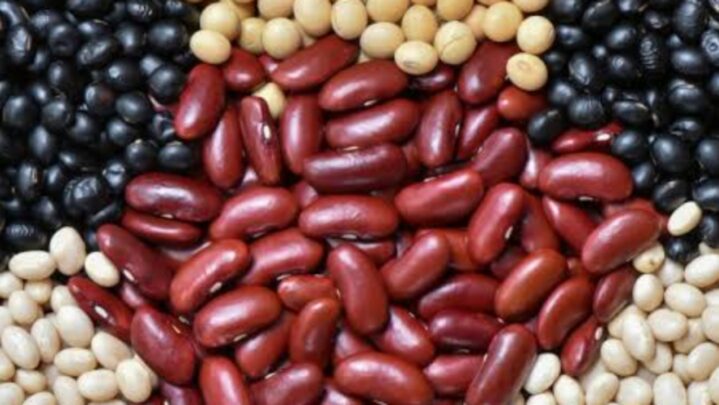Legumes
Common legumes include legumes and peas. These foods work by adding most of the matrix to the cartilage. Legumes are high-protein foods that help the body synthesize collagen, which is essential for cartilage formation. Legumes are also rich in amino acids such as lysine, which are involved in important processes of cartilage regeneration. Legumes not only increase the mass of the matrix but also have anti-inflammatory properties, which may help reduce the inflammatory conditions that affect cartilage.
Oranges
Collagen synthesis cannot be discussed without mentioning the important role that vitamin C plays in this process. Orange is one of the best natural sources of vitamin C. Others include more exotic fruits such as acerola cherries and come berries. When you eat vitamin-click foods, you replenish your store in the body, which allows you to synthesize more collagen. This collagen contributes to most of the cartilage and helps regenerate worn cartilage.
Brown rice
Here, a substance called hyaluronic acid acts to nourish the cartilage and smooth the joints. If sufficient hyaluronic acid is available, there is little chance of articular cartilage wear when subjected to slight shear forces. Therefore, eating hyaluronic acid-rich foods such as brown rice is a simple diet to strengthen cartilage.
Black Walnut
Black Walnut is a rich source of omega-3 fatty acids that help control inflammation. These nuts are also rich in a compound called selenium, which is understood to enhance the quality of the proteins that make up cartilage.
Green Tea
Green Tea is rich in antioxidants that help prevent and reduce the symptoms of joint damage associated with joint disease.
Turmeric
Turmeric is mainly used as a spice, but it is also one of the most anti-inflammatory agents studied so far. It contains a strong anti-inflammatory compound called curcumin, which suppresses inflammation and relieves the pain of arthritis.





